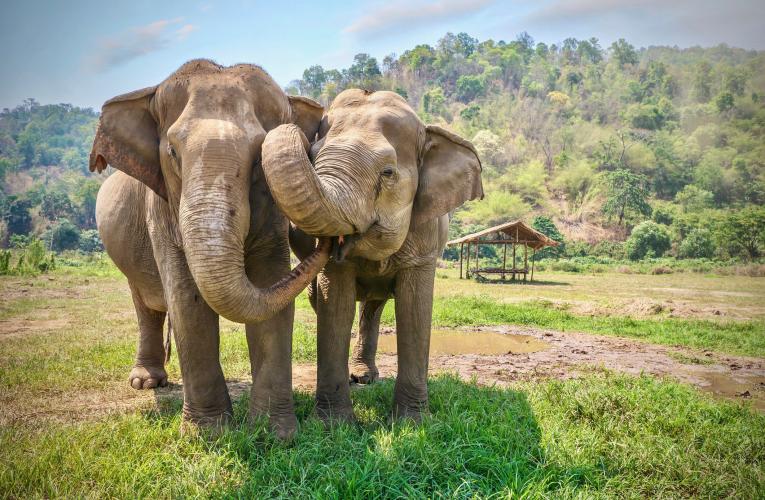WILD LIFE AND ECOSYSTEM MANAGEMENT
Biodiversity conservation is at the heart of Tanzania Relief initiatives work. Through a mix of advocacy, scientific research, practical conservation and environmental education we aim to ensure the sustained provision of ecosystem services in the landscapes where we work. By promoting and protecting the forests, we emphasize on the safeguarding water catchment areas, myriad rare and endemic species, cultural heritage, a vast array of medicinal plants and natural resource dependent livelihoods from agriculture to beekeeping for millions of people.
Reduced Emissions from Deforestation and Forest Degradation (REDD) is a global PES scheme that arose from international climate change talks. It aims to provide payments to countries that reduce carbon emissions by mitigating activities that reduce forest biomass.
Tanzania Relief Initiative support and encourage the living spaces for plants or animals and maintaining a diversity of plants and animals, are ‘supporting services’ and the basis of all ecosystems and their services.
Well managed and diversified agro-ecosystems can reproduce the diversity and complexity of natural ecosystems creating great species habitat. This kind of systems can give high yields while ensuring long term production.
We support and protect Semi natural grasslands which can be among the habitats with highest biodiversity levels. They host a unique pool of species, specifically adapted to these open habitats. Extensive livestock management is often the only way to maintain these habitats. They are threatened by a double pressure of abandonment (for the less productive ones) and intensification (intensive management practices, conversion to cropland). In certain countries, they are disappearing at an alarming rate. Sustainable grassland management practices need to be promoted to keep these key ecosystems alive.
We promote the conservation of Marine and freshwater ecosystems which are key habitats for millions of aquatic species (e.g. coral reefs are home to 25% of marine fish species and are a significant food source for over a billion people worldwide) exploited commercially or consumed locally. The main pressures on aquatic ecosystems are habitat destruction, pollution as well as overfishing impacts on ecosystem functioning.
Together, tropical, temperate and boreal forests offer very diverse habitats for plants, animals and micro-organisms. Forests provide more than 10% of the GDP in many of the poorest countries. Notwithstanding such a relevant role in world economy, progress towards sustainable forest management is still limited, and there is continuing loss and degradation of forests in many developing countries.

